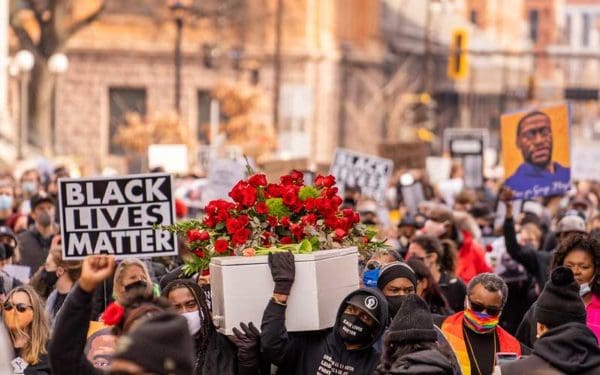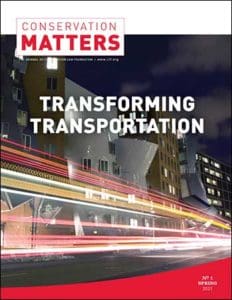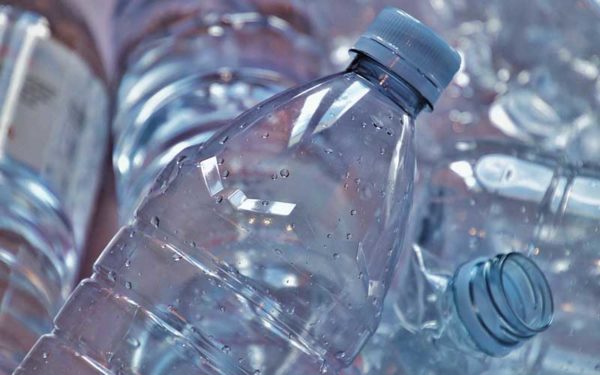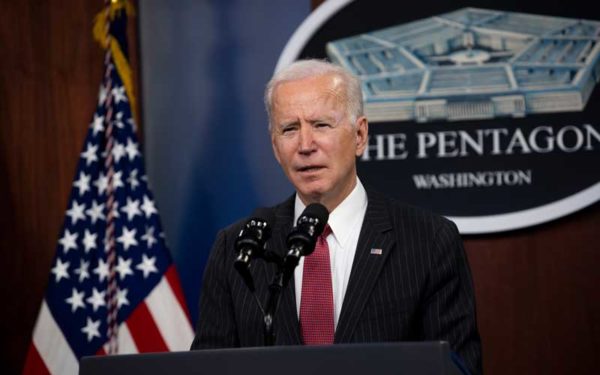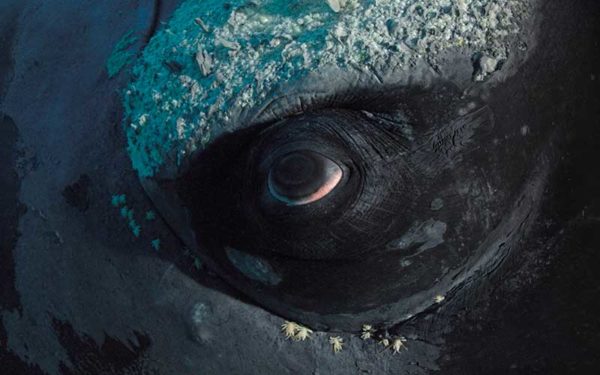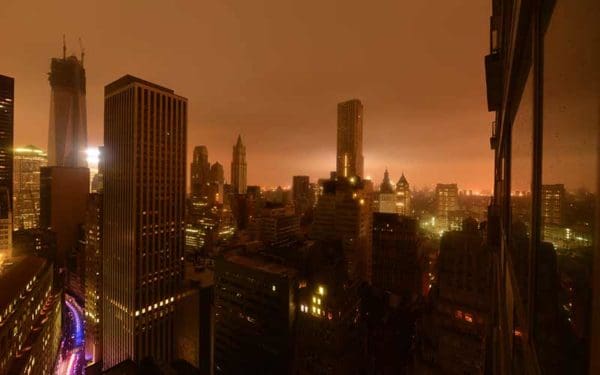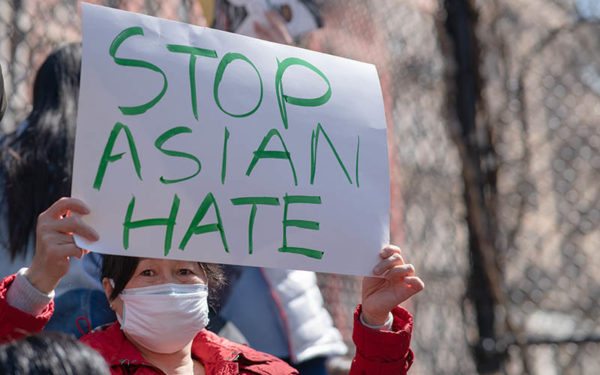Apr 22, 2021
Tuesday’s verdict was one welcome step toward change. But at CLF, we believe that real progress lies in systemic policy change that will break down the racist systems that have been in place for generations – ending white supremacy in this country.
Apr 16, 2021
We find ourselves on the cusp of a sea change in how we transport people and goods as we urgently work to cut the climate-damaging emissions that spew from New Englanders’ tailpipes.
Apr 15, 2021
“Updating Vermont’s bottle bill is a win-win for our communities and our environment,” said Jen Duggan, Vice President & Director of CLF Vermont. “These changes to the bottle bill will result in less climate pollution and waste in our landfills, more green jobs, and millions of dollars for the state’s clean water fund. Passing this legislation into law is just plain common sense.”
Apr 12, 2021
“The decision not to regulate more of these toxic chemicals in our water is deeply disturbing,” said Jen Duggan, Vice President and Director of CLF Vermont. “It doesn’t make sense to continue this whack-a-mole approach to removing these chemicals from drinking water. People’s health will suffer as a result of this decision.”
Apr 08, 2021
Biden’s infrastructure package represents a critical investment in our future, infusing much-needed funding to ramp up New England’s transition to a carbon-free economy by 2050.
Apr 08, 2021
We’re tackling transportation from all sides.
Apr 01, 2021
Regulators have known for more than 20 years that vessel strikes kill right whales at an alarming rate. But to date, they haven’t put forward a real solution.
Apr 01, 2021
No state here in New England has required its utilities to assess their vulnerability to climate change – or take action to prepare for it. With our homes, lives, and livelihoods at stake, allowing utilities to be so unprepared is irresponsible and simply too big a risk to take. CLF is pushing to change that – starting with Massachusetts.
Apr 01, 2021
Vermonters have said no to lead, BPA, mercury, flame retardants, and more in our consumer products. Now it’s time to tackle toxic PFAS chemicals.
Mar 24, 2021
To be environmentalists – to stand up for healthy communities for all people across New England – we must be anti-racist. We cannot, and will not, be silent.
